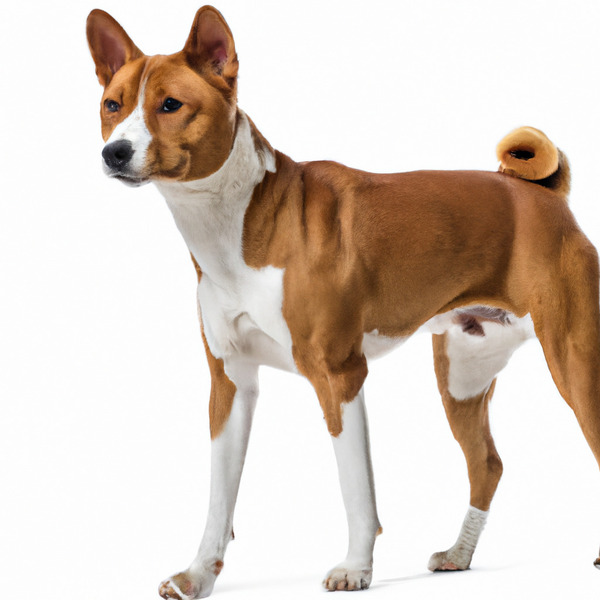Basenji vs. Japanese Terrier: Breed Differences and Similarities
Weight Gain Potential
Which breed eats more: Basenji or Japanese Terrier?
Basenji has average obesity risk, needs balanced diet, daily walks, and weight monitoring.
Japanese Terrier has low obesity risk, but needs exercise and food monitoring for optimal health.
Hypoallergenic
Are Basenjis or Japanese Terriers hypoallergenic, or neither?
Unfortunately, neither Basenji nor Japanese Terrier are hypoallergenic, which may not make them the best choice for dog lovers who suffer from pet allergies.
Temperament
What are the personalities of Basenji and Japanese Terrier dogs?
Affectionate
Curious
Playful
Alert
Energetic
Intelligent
Active
Cheerful
Swift
Affectionate
Lively
Vigilant
Shedding Level
Do Basenjis shed more than Japanese Terriers, or which breed sheds more, Basenjis or Japanese Terriers?
Basenjis shed very little hair, making them a great choice for those who dislike excess hair in the house.
Japanese Terriers are moderate shedders, but regular brushing can reduce shedding and maintain coat health.
Watchdog Ability
Which dog breed makes a better watchdog, the Basenji or Japanese Terrier?
Choose a Basenji if you want a top-notch watchdog. This breed takes guarding seriously, and may not require much training, though obedience or guard dog training can improve their skills.
Japanese Terriers make excellent watchdogs - they're vocal and protective of their territory.
Origin
What is the origin of Basenji and Japanese Terrier dog breeds?
Central Africa (Zaire and the Congo)
Japan
Ancestry
What are the origins of Basenji and Japanese Terrier breeds?
African Bush Dog
Smooth Fox Terrier, German Pinscher, Kobe Terrier
Date of Birth
When were Basenji and Japanese Terrier breeds first developed?
Ancient
1600s
Breed Group
What is the Breed Group of Basenji and Japanese Terrier?
Hound (AKC:1943)
Sighthounds and Pariahs (UKC)
Terrier
Eye Color Possibilites
What are the eye colors of Basenji and Japanese Terrier dogs?
Hazel
Brown
Amber
Brown
Nose Color Possibilites
What are the natural nose colors of Basenji and Japanese Terrier?
Black
Brown
Black
Coat Color Possibilites
What are the natural colors of the coat for Basenji and Japanese Terrier breeds?
White
Black
Brindle
Red
White
Black
Pied
Coat Length
What is the typical coat length for Basenji and Japanese Terrier breeds?
Basenjis have short coats.
Japanese Terriers have coats that can be either short or medium in length.
Coat Density
What is the density of the coat of Basenji and Japanese Terrier?
Coat Texture
What is the hair texture of Basenji and Japanese Terrier?
Straight
Litter Size
What is the usual litter size for Basenji and Japanese Terrier?
A Basenji can have a litter of 10-12 puppies on average. However, it's worth noting that the size of the litters can vary greatly. Factors that can influence litter size include the health of the mother, breeding history, and genetics.
A Japanese Terrier can have a litter of 12-15 puppies on average. However, it's worth noting that the size of the litters can vary greatly. Factors that can influence litter size include the health of the mother, breeding history, and genetics.
Adaptability
Basenjis have average adaptability to changes in lifestyle and living environments compared to other breeds.
Japanese Terriers are known for their adaptability and can adjust well to different environments and lifestyle changes.
Health Issues
Between Basenji and Japanese Terrier, which breed is more prone to health problems?
While the Basenji breed is generally healthy, occasional vet check-ups are still necessary to address any health concerns.
Japanese Terriers typically have low vet costs due to their good health, but it's important to monitor their health and seek vet care when necessary.
Major Concerns
What are the major health concerns for Basenji and Japanese Terrier breeds?
PRA
Fanconi Syndrome
Basenji Enteropathy
Usually A Very Healthy Breed
Minor Concerns
What minor health issues should be kept in mind when owning Basenji and Japanese Terrier?
Persistent Pupillary Membranes (PPM)
Pyruvate Kinase (PK) Deficiency
Ear Infections
Patellar Luxation
Eye Problems
Occasional Tests
What occasional tests are recommended for Basenji and Japanese Terrier breeds?
Eye
Dna Test For Pk
Fanconi Urine Test
Full Body Physical Examination
X-Rays
Eye Examination
Yearly Eye Exam
Yearly Physical Examination
Energy
How do the energy levels of Basenjis and Japanese Terriers compare?
Basenji and Japanese Terrier breeds are high-energy dogs, thus an active lifestyle suits them well.
Social Needs
Basenji vs Japanese Terrier social needs comparison
Basenji has below average social needs and is content with spending time alone.
Japanese Terrier has above average social needs and thrives with interaction with humans and other dogs.
Exercise Needed
Basenji vs Japanese Terrier exercise need comparison.
Basenjis require significant physical activity and suit those with an active lifestyle.
Japanese Terriers need high physical activity and are ideal for active individuals, but not suitable for sedentary lifestyles or small apartments.
Sleeping Need
Which of the two sleeps the most/least: Basenji or Japanese Terrier?
Basenji and Japanese Terrier are active dogs that may not require as much sleep as other breeds. However, they still need enough sleep to stay healthy.
Drooling Tendency
Which drools more/less, Basenji or Japanese Terrier?
The Basenji and Japanese Terrier breeds are known for their low drooling tendency, making them ideal choices for people who dislike drool marks on their clothing. If you are looking for a dog that drools less, these breeds may be suitable options for you.
Tendency to Bark
Do Basenjis or Japanese Terriers bark more/less frequently?
Basenjis are typically quiet and only bark when needed, such as to alert their owner or when in distress.
The Japanese Terrier is a vocal breed that frequently barks and howls, and may not be suitable for those seeking a quiet companion.
Territorial
Is the Basenji or Japanese Terrier a better guard dog?
While Basenji dogs can defend their territory or owners, it's not their primary trait, and they are not ideal guard dogs.
Japanese Terrier dogs have a strong protective nature and territorial instinct. They are highly vigilant and will fiercely defend their home and family.
Mouthiness
Mouthiness Comparison: Basenji vs Japanese Terrier?
Roaming urge
Basenji vs Labrador: Running away tendency?
Prey Drive
Basenji or Japanese Terrier - which breed has a higher level of prey drive?
Past times
What are some enjoyable activities and ways to keep Basenji and Japanese Terrier entertained?
Shake, Running, Sniffing, Cuddling, Destroying toys, Marking, Run, Play with Toys, Dog Parks, Walk, Being pet, Fetch, Smelling, Out, Catch treats, Play keep away, Play, Chase, Tracking, Eating Snacks, Walking, Mischif, Hiking, Lounging, Mountain biking, Off-leash, Fetch-ish, Trail running, Long hikes
Run playin
Activity Level
Which breed has higher energy, Basenjis or Japanese Terriers?
Basenji and Japanese Terrier are high-energy dogs that require a lot of mental and physical exercise. Without proper stimulation and attention, these breeds can become problematic. If you're considering these breeds, be prepared to invest time and effort in their exercise and training.
Tolerance of being left alone
Walks per Week
How many miles should Basenji or Japanese Terrier walk each week?
There's really no limit to how far you walk your dog as long as they're comfortable. For Basenji, it's at least 15 miles / week. Just remember to build distance and stamina gradually over time.
There's really no limit to how far you walk your dog as long as they're comfortable. For Japanese Terrier, it's at least 8 miles / week. Just remember to build distance and stamina gradually over time.
Activity per Day
Do Basenjis or Japanese Terriers require more exercise?
In general most Basenjis usually need at least 90 minutes of exercise daily. This can be spread across the day and include all sorts of high-energy activities, like walking, running and playing.
In general most Japanese Terriers usually need at least 30 minutes of exercise daily. This can be spread across the day and include all sorts of high-energy activities, like walking, running and playing.
Grooming
Which breed is easier to maintain in terms of grooming, Basenjis or Japanese Terriers?
Basenji and Japanese Terrier are breeds of dogs that do not require extensive grooming.
Brushing Frequency
What is the recommended brushing frequency for Basenji and Japanese Terrier dogs?
Basenji and Japanese Terrier should be brushed at least once a week. Of course, you can give them more frequent brushes if you find that they are still shedding a lot.
Brushing Tools
What brushing tools are used for Basenjis and Japanese Terriers?
Slicker Brush
Deshedder
Nail Clipper
Slicker Brush
Nail Clipper
Cups
How much food should be given to Basenji or Japanese Terrier in cups?
For an average 22-26 pound (10 - 12 kg) Basenji feed 2.5 cups daily. But, keep in mind, the amount you feed is going to be dependent on the quality of the food you are feeding.
For an average 5-9 pound (2 - 4 kg) Japanese Terrier feed 1 cups daily. But, keep in mind, the amount you feed is going to be dependent on the quality of the food you are feeding.
Daily Cost
Which breed has a higher daily cost, Basenji or Japanese Terrier?
The average cost of a Basenji is somewhere $1.70 - $2.00 per day.
The average cost of a Japanese Terrier is somewhere $1.10 - $1.40 per day.
Monthly Cost
Which breed has a higher monthly cost, Basenji or Japanese Terrier?
The average per month expenses of a Basenji is between $48 - $63. This makes an average of $576 - $756 per year. It will be on the higher side when the dog is still small because it will need more frequent visits to the vet, shots.
The average per month expenses of a Japanese Terrier is between $28 - $42. This makes an average of $336 - $504 per year. It will be on the higher side when the dog is still small because it will need more frequent visits to the vet, shots.
Intelligence
Comparing Intelligence: Basenjis vs Japanese Terriers
Basenji is an independent and stubborn breed with low obedience intelligence, making training a test of patience.
Japanese Terrier is a very intelligent and trainable breed.
Sensitivity Level
How do Basenji and Japanese Terrier compare in sensitivity?
Basenjis have average emotions and adapt well to different situations.
This breed is sensitive to its environment and best suited for patient and understanding families with a consistent routine.
Affection Dependance
Which is the more affectionate dog breed: Basenji vs Japanese Terrier?
Apartment Friendly
Which breed is more apartment-friendly: Basenji or Japanese Terrier?
It's not recommended to keep Basenji or Japanese Terrier in an apartment, but these breeds make good apartment dogs as long as they get to spend a good amount of time outside of the apartment. Dogs of these breeds living in apartments will need plenty of physical exercise and stimulation throughout the day to remain happy and well-behaved.
Child Friendly
Do Basenjis or Japanese Terriers have a friendlier temperament towards children?
Basenji and Japanese Terrier are kid-friendly dogs. They are good with children and excellent dogs with children if they are socialized and trained at a young age.
Senior-friendly
Which dog is more suitable as a pet for the elderly - Basenji or Japanese Terrier?
Cat Friendly
Do Basenji or Japanese Terrier breeds have a better compatibility with cats?
Basenjis are somewhat cat friendly and can be trained to get along with cats.
Japanese Terriers are average in their friendliness toward cats and tend to do well with them, especially if raised together.
Dog Friendly
Which breed is more sociable with other dogs: Basenji or Japanese Terrier?
Basenjis are less friendly towards other dogs, but can improve with socialization.
Japanese Terriers are friendly and active companions, and can be good family pets, though their friendliness towards other dogs may vary.
Pet friendly
How do Basenji or Japanese Terrier dogs interact with other pets?
Stranger Friendly
Which breed is more friendly with strangers: Basenji or Japanese Terrier?
Basenjis are quick to announce strangers and can be standoffish or suspicious.
Japanese Terriers are friendly but may bark at strangers, and training is easy due to their intelligence.
Playfulness
Which breed is more playful between Basenji and Japanese Terrier?
Basenjis have an average level of playfulness, enjoying playtime like most dogs but not excessively so.
Japanese Terriers are very playful, so adopting an older one might be a better option for a more relaxed experience.
Trainability
How do the trainability levels of Basenjis and Japanese Terriers compare?
Basenji and Japanese Terrier dogs are known for their ease of training and ability to learn quickly, making them a popular choice for pet owners and trainers alike.
Compare Basenji with other breeds
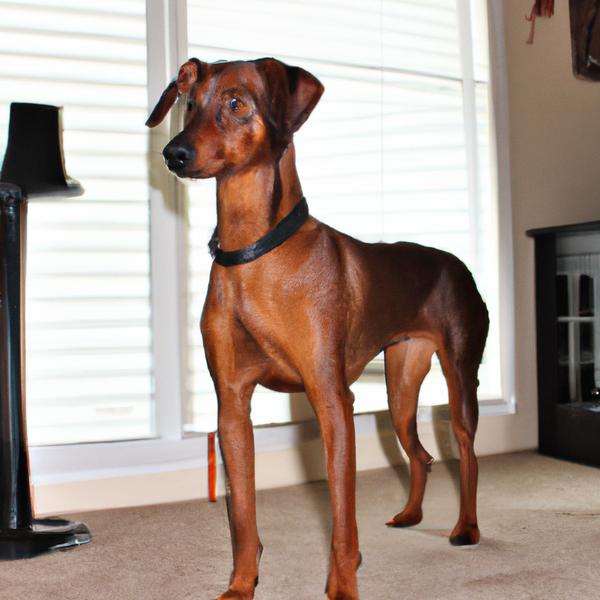
Patterbea
Basenji vs Patterbea
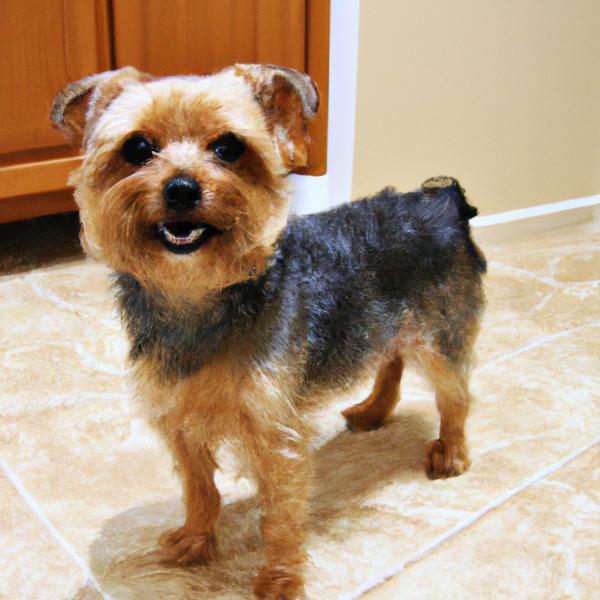
Yorkie-ton
Basenji vs Yorkie-ton
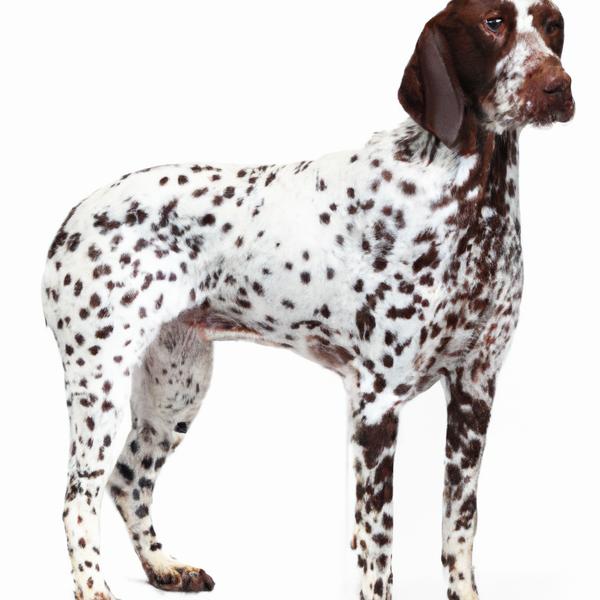
Pointollie
Basenji vs Pointollie
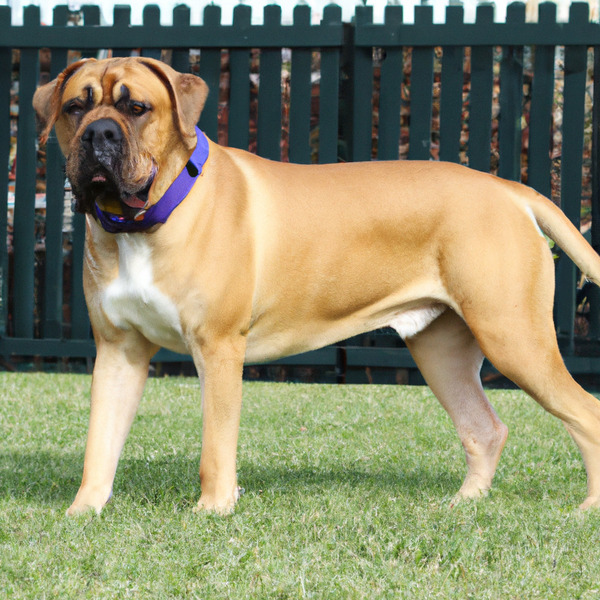
American Mastiff
Basenji vs American Mastiff
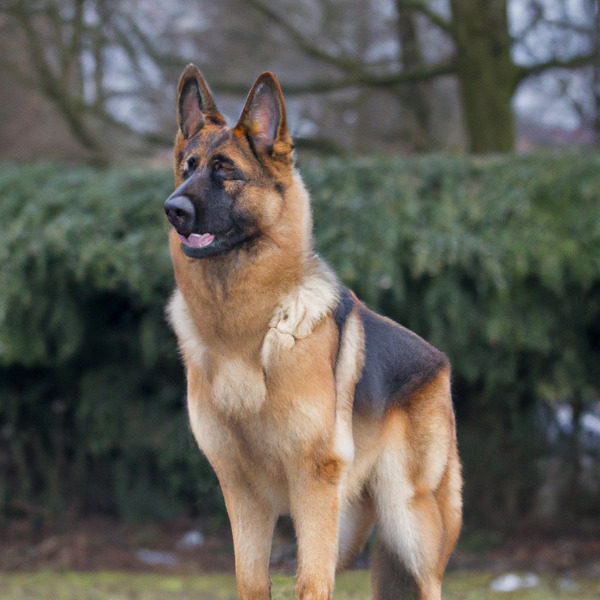
King Shepherd
Basenji vs King Shepherd
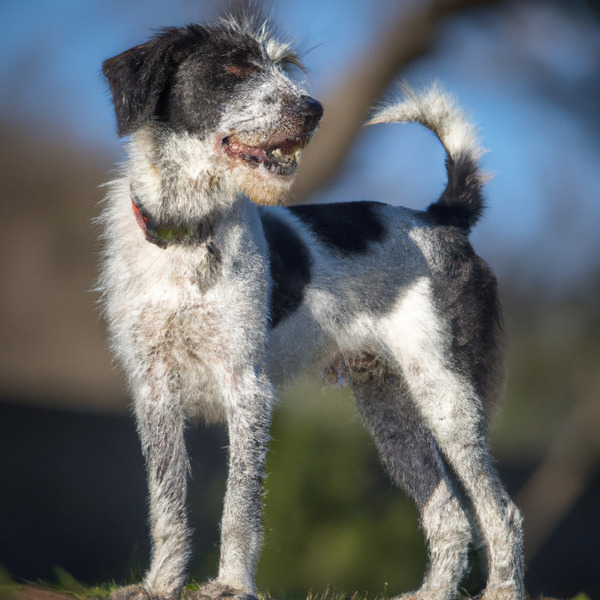
Japanese Terrier
Basenji vs Japanese Terrier
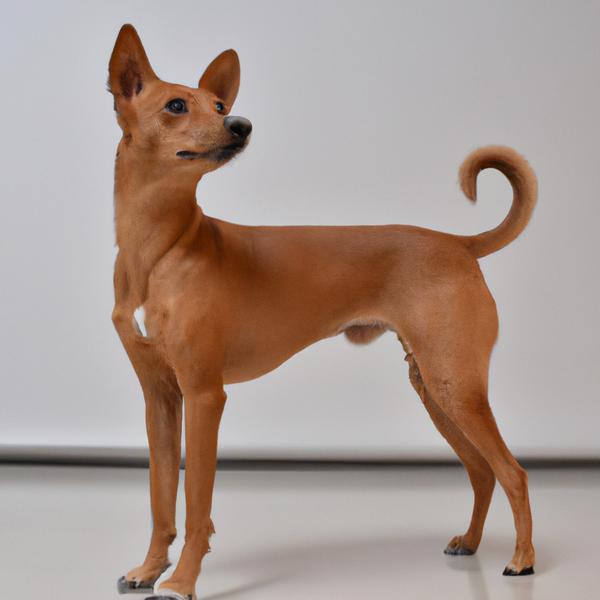
Smooth Chisoxy
Basenji vs Smooth Chisoxy
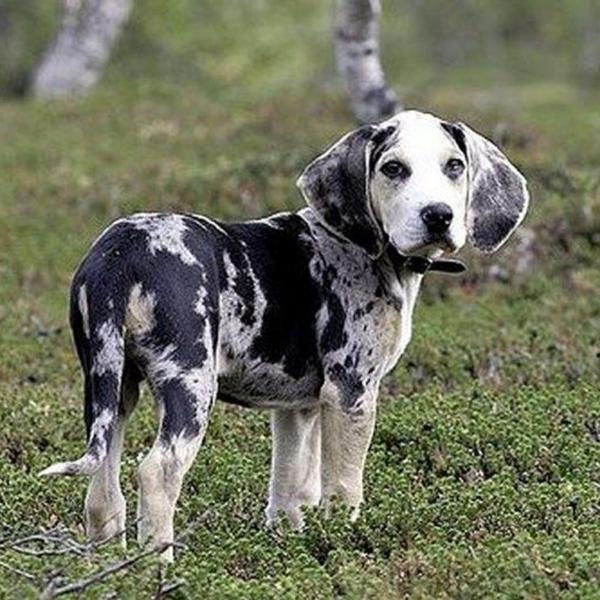
Dunker
Basenji vs Dunker
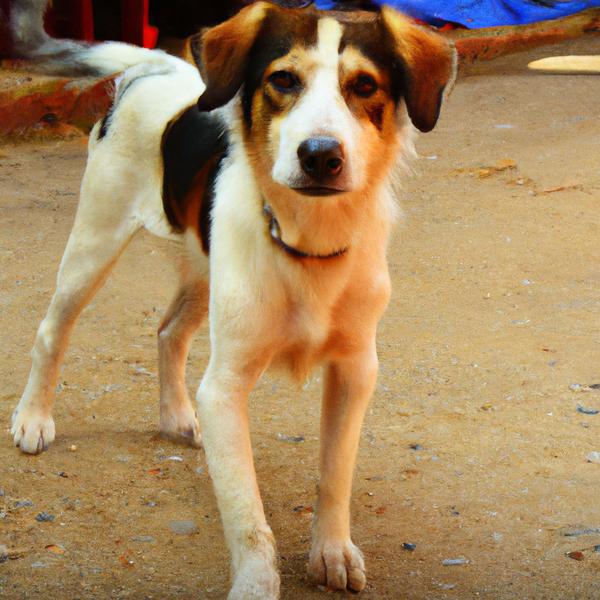
Wheagle
Basenji vs Wheagle
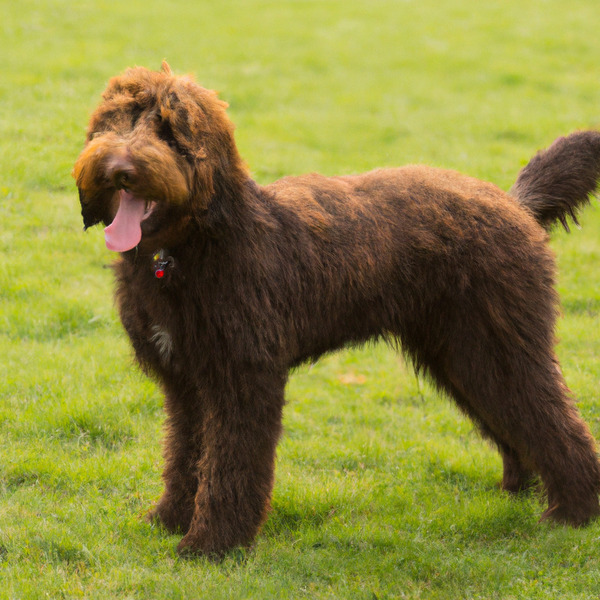
Labradoodle
Basenji vs Labradoodle
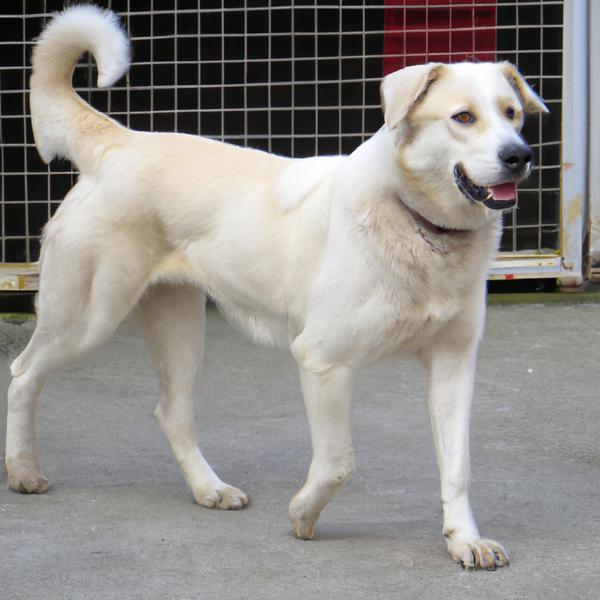
Labrakita
Basenji vs Labrakita
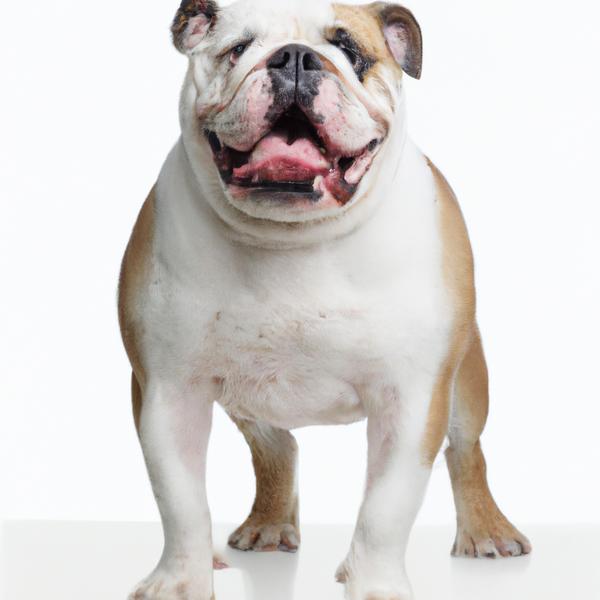
English Bulldog Terrier
Basenji vs English Bulldog Terrier
